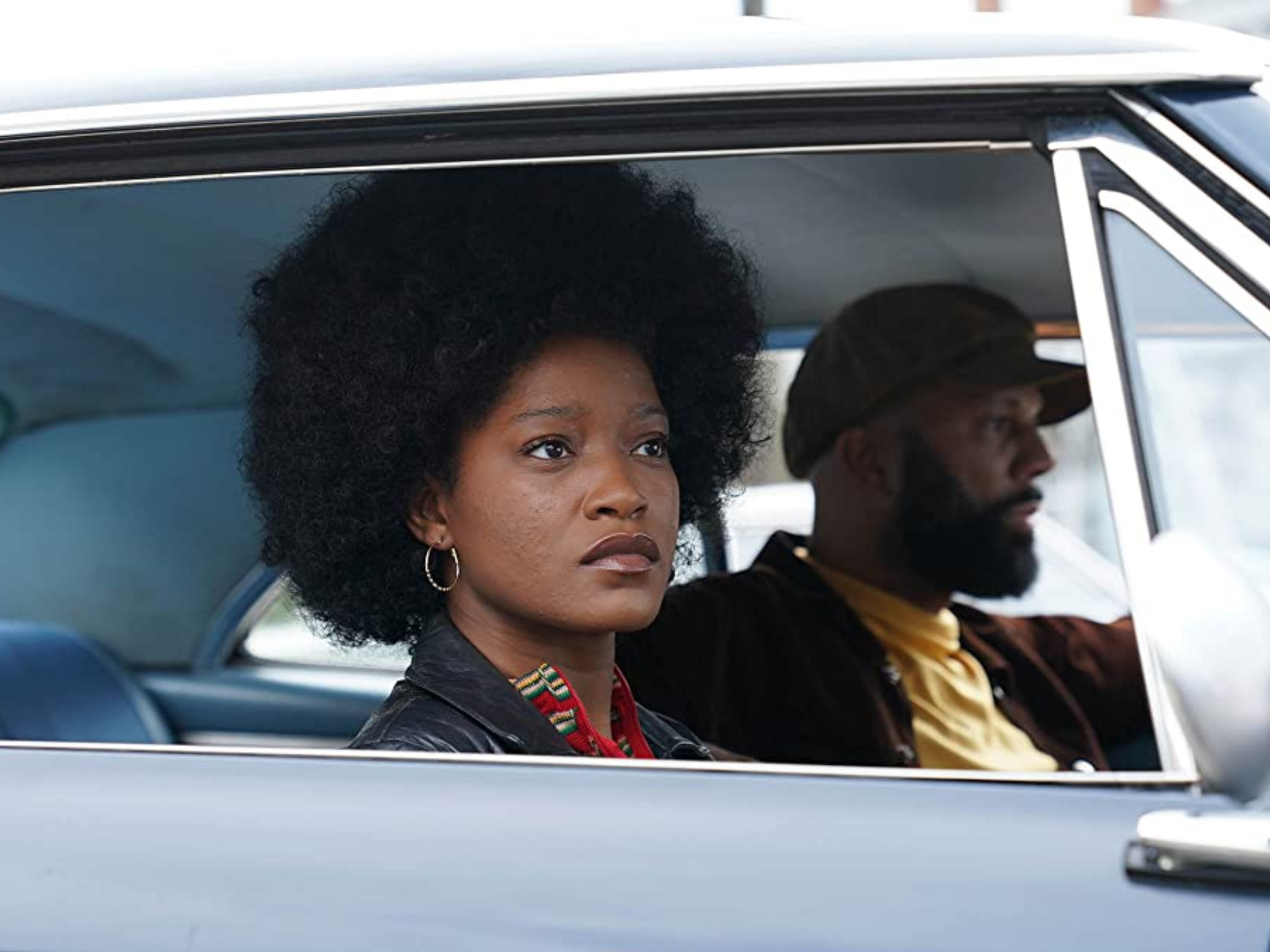
- Festivals
Sundance 2022: Thought-Provoking “Alice” Blends History, Revenge Fantasy
Many people, Americans in particular, have struggled with the more unsavory aspects of history. It’s one thing to absorb events in distant lands from hundreds or even thousands of years ago, and it’s another entirely to sit with the uncomfortable or shocking truths of more recent happenings, especially if they occurred where you live.
Governments have an acute sensitivity and belief that dwelling on negative history can challenge and damage a citizenry’s view of their country, and so often seem to strive to avoid forthright adult discussions about the manner in which culturally validated, or state-sanctioned events have fallen short of lofty ideals, transgressed present-day norms, or even violated international law. That’s why art, and in particular cinema, can play an important role in kickstarting those conversations.
One such film, sure to spark reaction and long-running debate this year when it opens theatrically in March, is writer-director Krystin Ver Linden’s feature film directorial debut Alice, which centers on the title character, an enslaved young woman (Keke Palmer) who spends her days, and nights, suffering under the thumb of a brutal Georgia plantation owner, Paul (Jonny Lee Miller). After a violent confrontation, Alice flees through the neighboring woods and stumbles onto the unfamiliar sight of a big-rig truck. The year, it turns out, is actually 1973. After connecting with a disillusioned Black activist, Frank (actor/rapper Common), Alice, dazed but empowered by a newly fortified moral clarity, grapples with feelings of responsibility for those she left behind and makes a decision to return to free them.
“The idea [for the film] came from true events, and a series of articles that my mom sent me which totally blew me away,” said Ver Linden during the Sundance Q&A session which followed her film’s January 23 world premiere. “I was in disbelief basically. A specific story touched my heart so deeply, and it was one of those things that you don’t forget. So, within two days I started writing the script for Alice.”
Palmer, who first turned heads and won hearts in 2006’s Akeelah and the Bee, was Ver Linden’s first choice. “I got sent the script, but I didn’t just get sent the script,” noted the 28-year-old multi-hyphenate talent, who is also a singer. “I got sent the script with a letter attached. And I’m like, ‘A director wrote me a letter? I’ve never had this happen before.’ She just was pretty much talking about what this movie meant to her, and how she felt like I could really convey the right emotion and sincerity.
“My mom had told me it’s about slavery,” Palmer added. “And I’m like, ‘Not again. What is this going to be? How is this going to come out?’ And then when I read the script, obviously I said, ‘Okay, this I’m here for,’ because I love history, I’m not ashamed at all of my ancestry, I’m proud of who I am, where I’ve come from and what my ancestors did for me to be able to be who I am in this country. But I just want their story to be told with pride and resilience, the same way that I feel inside. And I just felt she did that with the script.
“It was a story that revisited history in a way that didn’t feel sad,” continued Palmer. “Yes, there were some tough things to see Alice experience. However, I felt that the way that it came back around was something that made me feel empowered and proud, and the same way I feel about my history as a Black American. I love that. Here was a piece that visits the past but didn’t round it out in a way that just left me leaving the theater or putting down the script saying, ‘Oh, what a drag.’ The metaphors, the parallels to today, the idea of hope and how we are activated — all of that made me just feel very invigorated, and I really wanted to share that with an audience.”
Ver Linden, meanwhile, noted that she was inspired by the blaxploitation genre (in an instrumental scene in the movie, Alice and Frank catch a screening of Pam Grier’s Coffy), and wanted to give it a nod and include elements of it in her film without fully planting its flag there. “We didn’t want Alice running right out into the civil rights movement, because that would’ve been a different Frank, that would’ve been an empowered Frank, it would’ve been a whole different story,” Ver Linden said. “We needed a beat, into the 1970s, for her to reflect but also for Frank to fight for something, and to lose hope so that she could be that spark for him.”
Its makers surely hope Alice can serve as a similar spark for audiences as well, engendering conversations about how far society has come, but also about how much more work there still is left to do.

